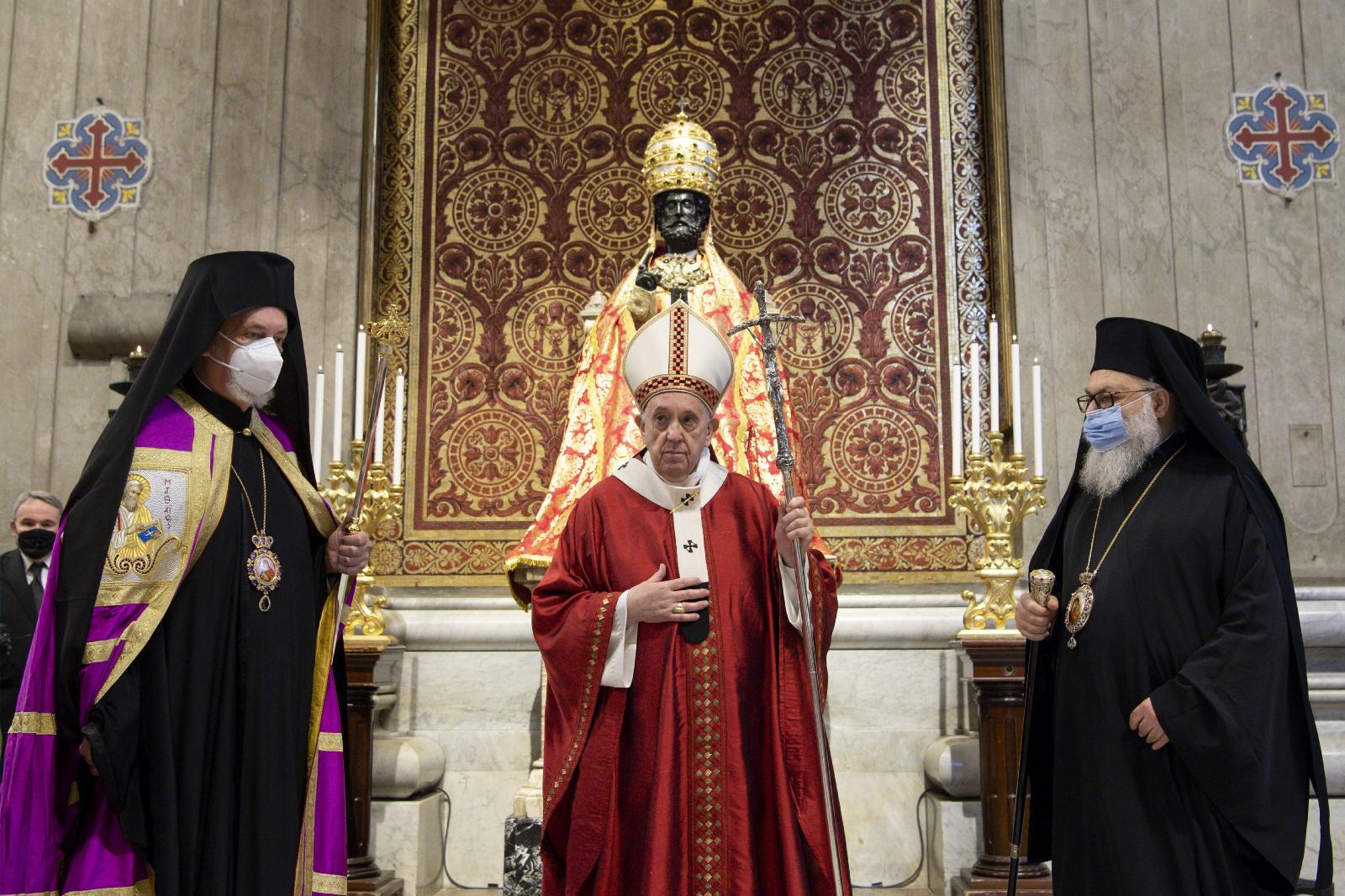A Catholic priest in Mozambique has denounced the abduction of “hundreds” of children by jihadists in the country’s northernmost province of Cabo Delgado.
Fr Kwiriwi Fonseca of the diocese of Pemba in northern Mozambique told Aid to the Church in Need (ACN) International that he estimates that in addition to more than 2,500 people killed and more than 750,000 made homeless since the terrorist attacks began in October 2017 in the region, a large number of people have also been abducted, most of them young boys and girls.
“The terrorists use these children and forcibly train them to fight in their ranks, whereas the girls are raped and forced to become their ‘brides’,” he said.
“I believe the object is radicalisation,” he told ACN International in a Zoom call. “We are talking of children and young people who were torn from their homes last year, or the year before … It’s a long time to be in contact with evil, and one ends up assimilating this evil. Interacting with them can end up converting them into the worst kind of terrorists.”
Although there are no official numbers of those abducted, Fr Fonseca, who is responsible for communications in the diocese of Pemba, said that he maintains contact with scores of victims of the violence, many of whom say their children, largely boys, were forcibly stolen from them.
On 23 June, the Southern African Development Community (SADC) said its 16-bloc membership had approved deploying troops into the region “to combat terrorism and acts of violent extremism”.
Fr Fonseca told ACN that knowing that those abducted will be forced to fight alongside the terrorists, means that further military intervention “raises many questions”. “Many innocent children will also die,” he said.
Attacks by the group known as al-Shabab have steadily increased in the oil-rich province since October 2017. The Islamic state-linked fighters have ransacked towns and gained control of key roadways, destroying infrastructure and beheading civilians.
In March the fighters launched a coordinated assault on Palma town, on the edge of which energy giant Total holds a £14.6 billion oil plant, killing dozens and forcing more than 67,000 to abandon their homes.
Meanwhile he connection between forced displacements and natural resources is becoming clearer in many African countries experiencing refugee crises, a Catholic peace organisation has said.
In a statement released to mark World Refugee Day on 20 June, director of the Denis Hurley Peace Institute (DHPI), Johan Viljoen, said that even if donors give generously and host countries provide protection for refugees, this is only addressing the symptoms of the crisis. Forced displacements, according to the DHPI statement, are increasingly linked to a country’s mineral wealth.
Viljoen cites a message given by the Congolese bishops where violence in the eastern part of the country is unequivocally linked to the country’s vast mineral wealth; the recent forced displacement in Cabo Delgado, Mozambique where Christian and Muslim communities had been living in harmony for centuries “until one of the world’s largest deposits of liquid natural gas was discovered there”; and violence between north and south Nigeria where both claim ownership of oil in the south east.
“Citizens of developed countries point to the intractability of conflicts in Africa. That they never end! That there is never a solution!” reads the statement. “They forget that they would not have had cell phones or laptop computers if it wasn’t for the coltan that came from eastern DRC, that the petrol they put in their cars probably came from the Niger Delta, and that most of the technological devices that their lives revolve around are manufactured from minerals that were extracted from the pristine sand dunes of the Indian Ocean coast, or the virgin jungles of Central Africa, at the cost of mass destruction of natural habitats, and violent , forceful displacement of local communities,” Viljoen says.
|
ReplyForward |



 Loading ...
Loading ...